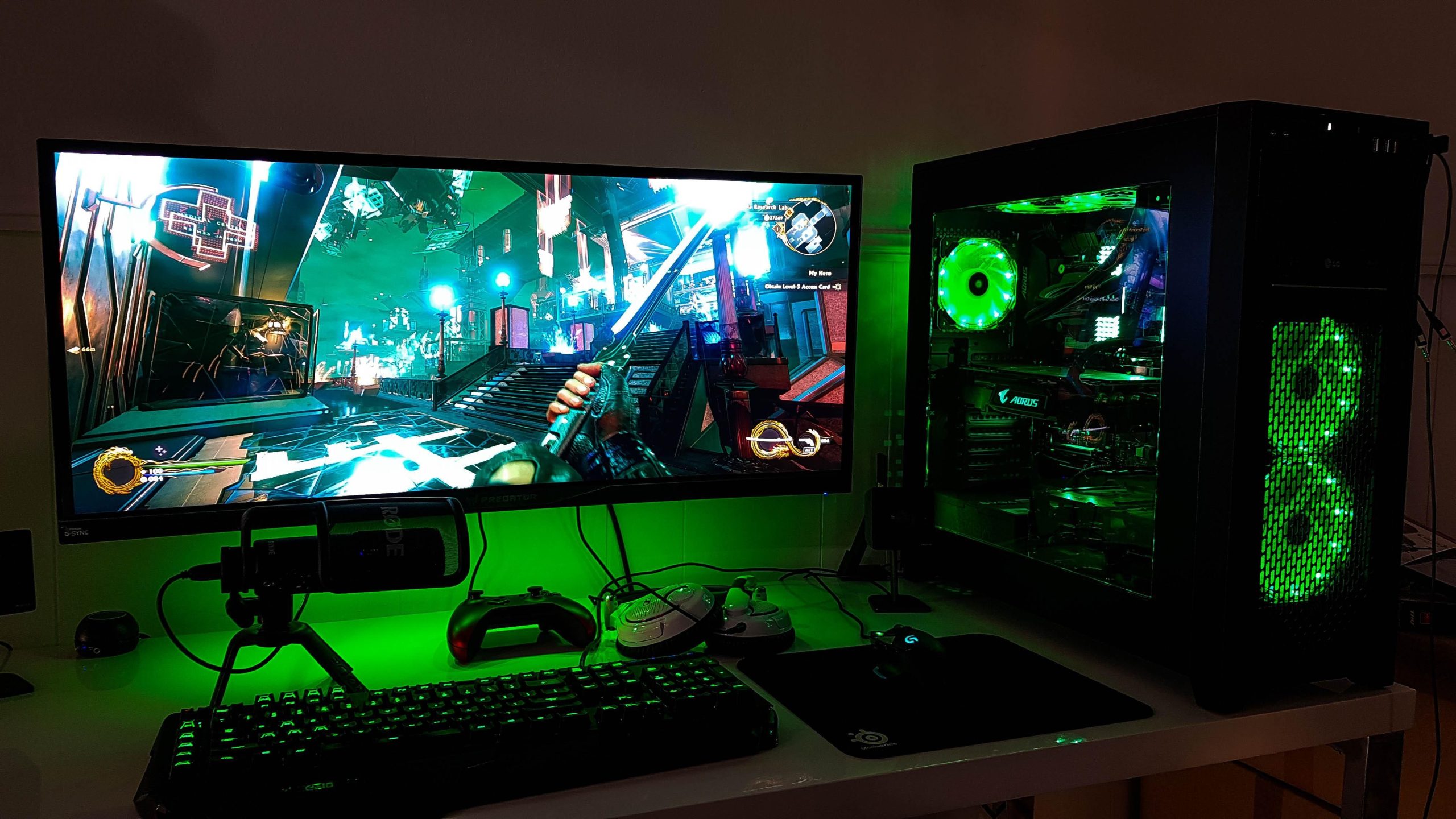the Ultimate Gaming Experience A Guide to Building Your Own Gaming PC
Choosing the Right Components
Building your own gaming PC is an exciting endeavor, but it all starts with selecting the right components. The central processing unit (CPU), graphics processing unit (GPU), motherboard, RAM, storage, and power supply unit (PSU) are the core components that will determine your PC’s performance. Researching each component’s specifications, compatibility, and performance benchmarks is crucial to ensure your gaming rig meets your expectations. Opt for a powerful CPU from Intel or AMD, a high-performance GPU like NVIDIA’s GeForce series or AMD’s Radeon lineup, and ample RAM for smooth multitasking.
Customizing for Optimal Performance
Once you’ve chosen your components, it’s time to customize your build for optimal performance. Consider factors such as cooling, overclocking capabilities, and expandability when selecting your PC case and cooling system. Investing in a case with efficient airflow and ample room for cable management can help maintain stable temperatures and prolong component lifespan. Additionally, installing aftermarket cooling solutions like liquid cooling or high-performance air coolers can enhance thermal efficiency and allow for safe overclocking to squeeze out extra performance.
Balancing Performance and Budget
Building a gaming PC is not just about performance; it’s also about balancing performance with your budget. While it’s tempting to splurge on the latest and greatest components, it’s essential to prioritize your spending based on your gaming needs and financial constraints. Allocate your budget wisely, focusing on components that will have the most significant impact on gaming performance, such as the GPU and CPU. Consider opting for previous-generation hardware or waiting for sales to maximize value without sacrificing performance.
Future-Proofing Your Investment
Future-proofing your gaming PC ensures that it remains relevant and capable of running the latest games and applications for years to come. Choose a motherboard with support for future CPU and GPU upgrades, ensuring compatibility with upcoming technologies like PCIe 4.0 and DDR5 memory. Invest in a high-quality power supply with ample wattage and efficiency ratings to support future component upgrades without the need for replacement. Additionally, consider investing in a modular PSU to accommodate changes in your PC’s power requirements easily.
Building your own gaming PC allows for customization, performance optimization, and future-proofing that pre-built systems often lack. By carefully selecting components, customizing for performance, balancing performance with your budget, and future-proofing your investment, you can create a gaming rig tailored to your preferences and capable of delivering an unparalleled gaming experience for years to come. Whether you’re a casual gamer or a hardcore enthusiast, building your own gaming PC is a rewarding journey that opens up a world of possibilities for gaming and beyond.gaming pc builder

